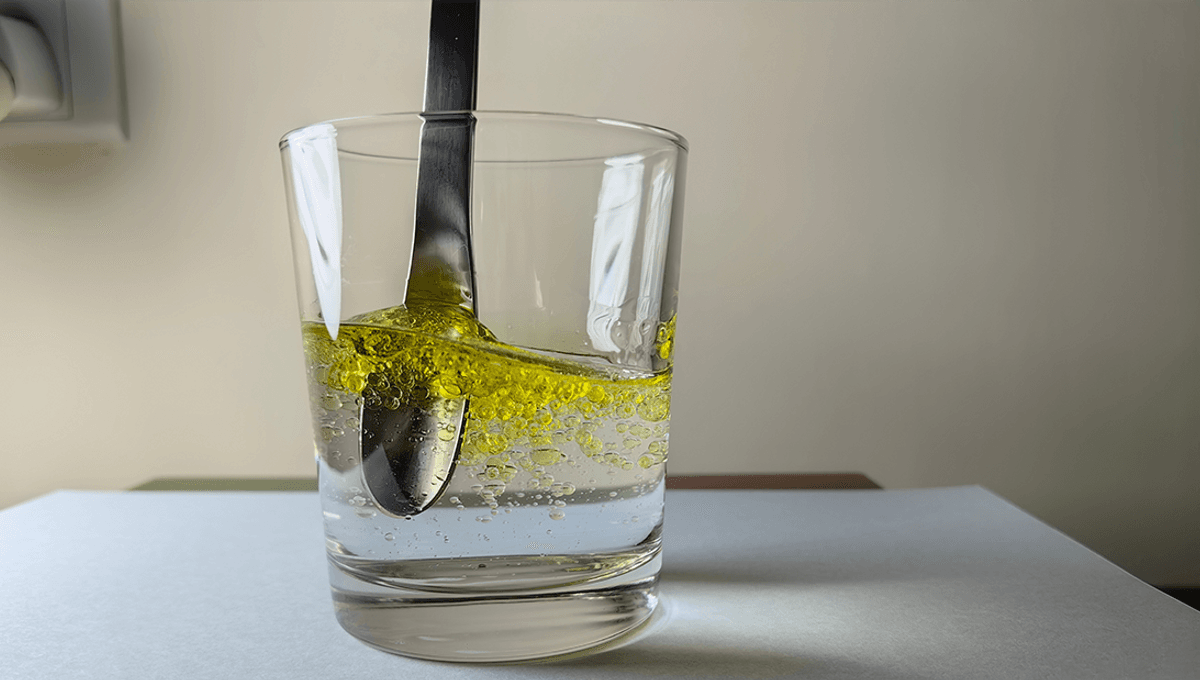
Water in its most familiar form, as you are probably well aware, freezes at a cool 0°C (32°F). But you may have wondered, perhaps while working on your car or considering freezing a leftover curry, what happens when you try to freeze oil?
First up, what is actually happening when water freezes? Freezing is what we call it when a liquid loses heat energy to the surrounding environment, and changes into a solid state. In water, lowering the liquid beyond its freezing point (pressure will do it too, and there are other forms of water ice, but let’s not complicate things for now) results in a very regular crystal pattern.
“Whether in plants and animals or rocks, foams and ice crystals, the intricate patterns that happen in nature come down to what’s happening at the level of atoms and molecules,” Maxim Lavrentovich, Assistant Professor of Theoretical Biophysics at the University of Tennessee, explains in a piece for The Conversation.
“When water freezes, its molecules begin clustering together. Water molecules have a particular bent shape that causes them to stack into clusters shaped like hexagons as they freeze.”
While freezing water results in this pleasing crystalline pattern, oils are not the same.
Oils are non-polar, water-insoluble (hydrophobic) substances that are typically liquid at room temperature. When you lower the temperature of oils, a broad category of these liquids, they do not form the same neat crystalline patterns seen in old reliable H2O.
“Vegetable oil consists of molecules in long chains called lipids, usually with a mixture of molecules of different sizes and shapes. That makes it hard for the oil to form a regular crystal, suppressing ordinary freezing. There are exceptions, however, such as cocoa butter, which freezes at 34°C [93.2°F],” the University of Illinois Urbana-Champaign explains in its Ask The Physics Van feature.
That’s not to say that cooling has no effect on oils, and they do become more viscous as their temperatures are lowered. They are also quite varied, with some, like cocoa butter, can form crystalline structures and “freeze” in the familiar sense.
“Eventually, if you get it cold enough, the oil will seem to be quite solid, as the molecules lose the energy needed to move around. In that sense, you can say that oil does in fact freeze, but it has no sharply defined freezing point, like water,” the University continues. “Glass is similar, in that it gets soft and eventually quite fluid as it is heated, but there is no one sharp melting temperature. The molecules get stuck when cold, but not in any simple regular arrangement.”
While it is good for your vehicle that oils do not freeze in the same way as water, the increased viscosity still poses a problem.
“At low temperatures, conventional oils can thicken, making it harder for the engine to pump oil to critical components,” motor oil manufacturer Valvoline explains. “This delay in lubrication increases wear during engine startup.”
Source Link: What Happens When You Try To Freeze Oil? Because It Generally Doesn't Form An Ice